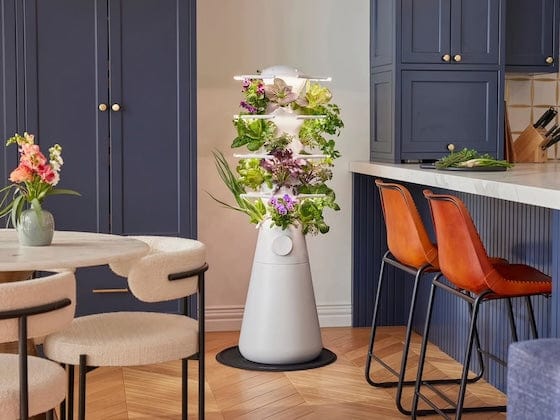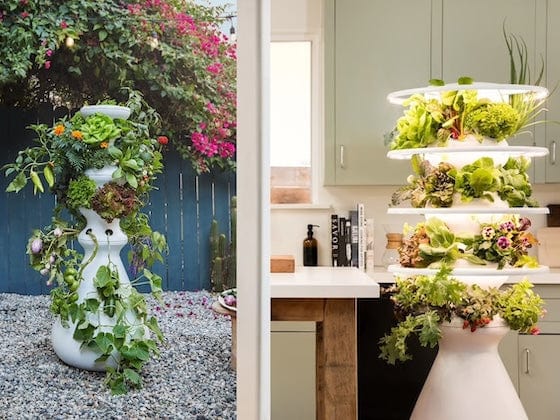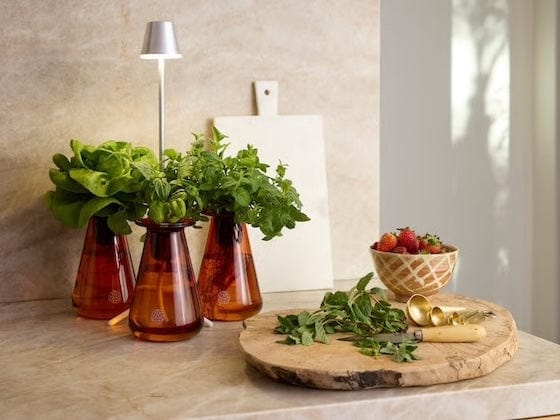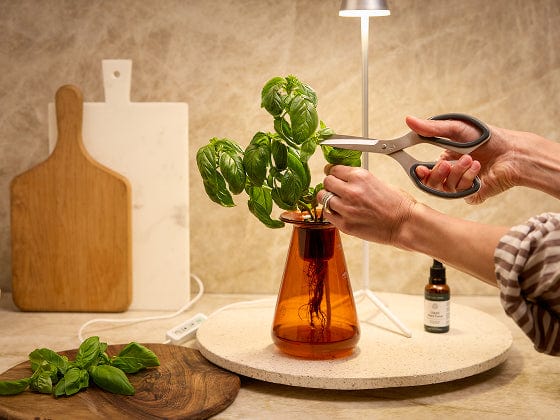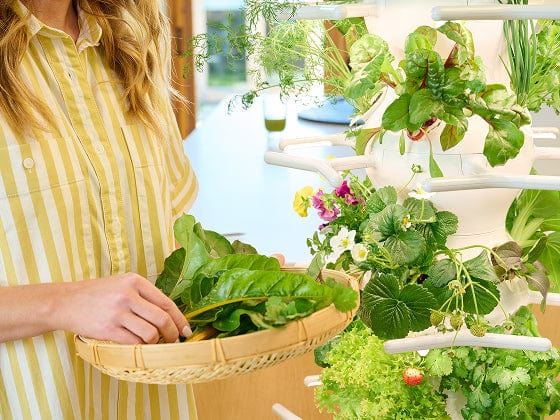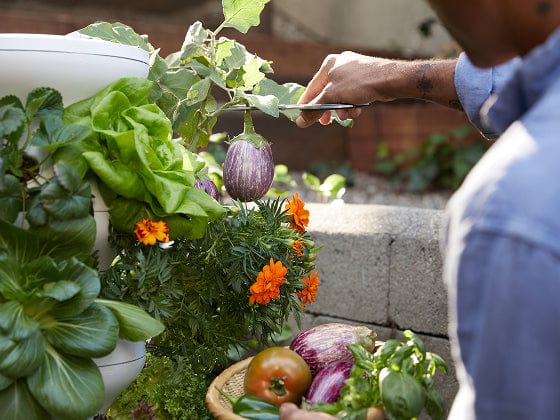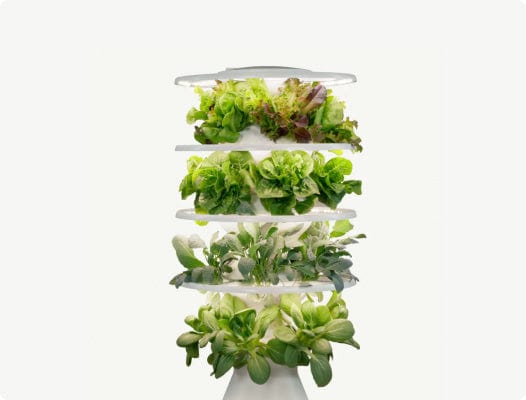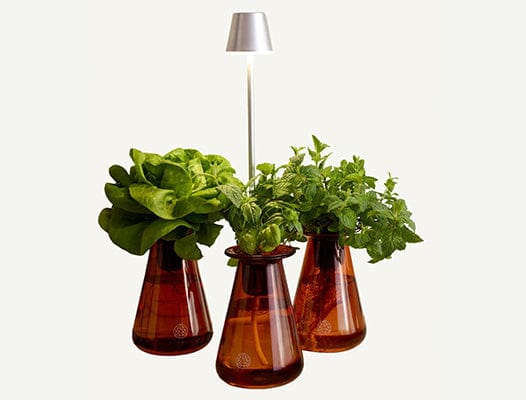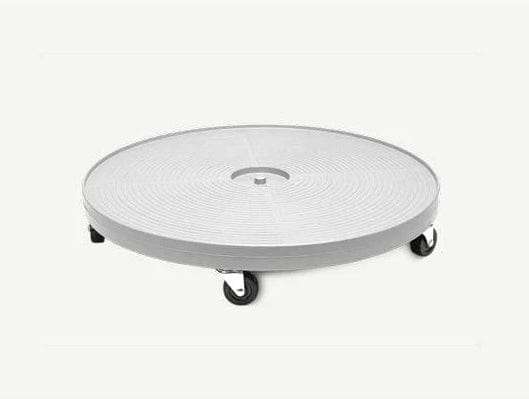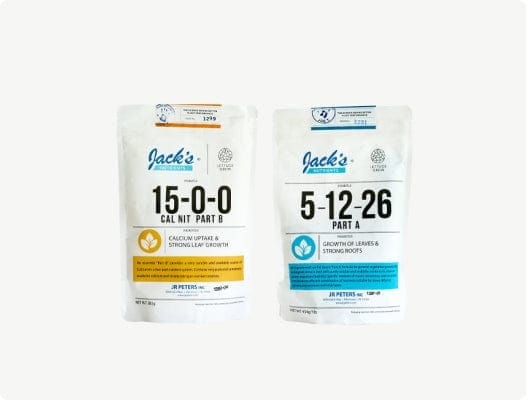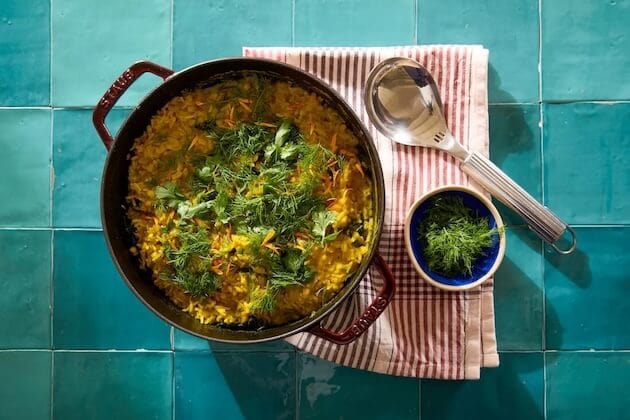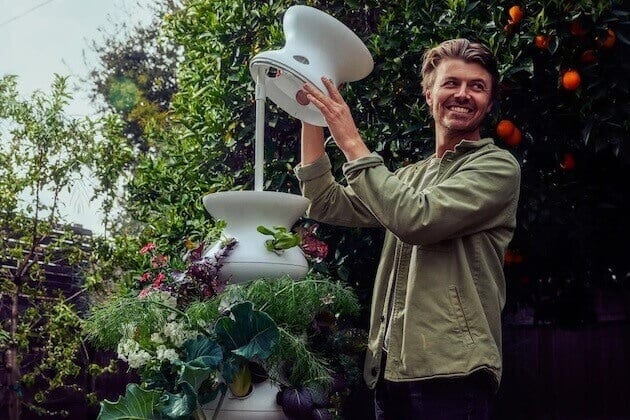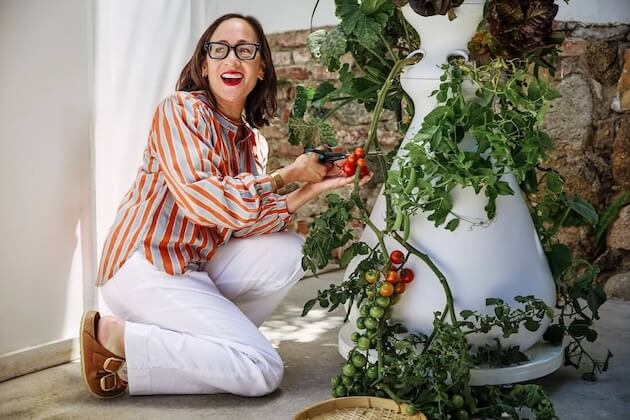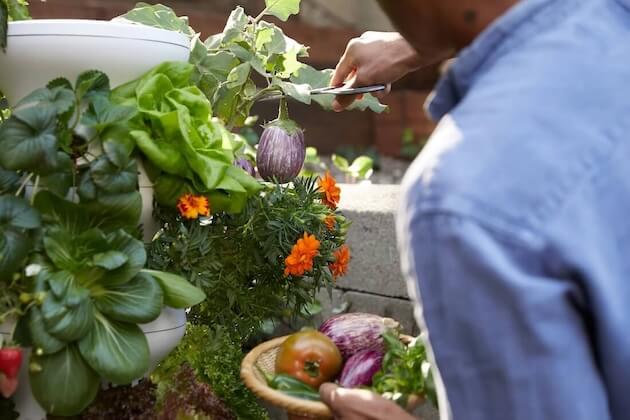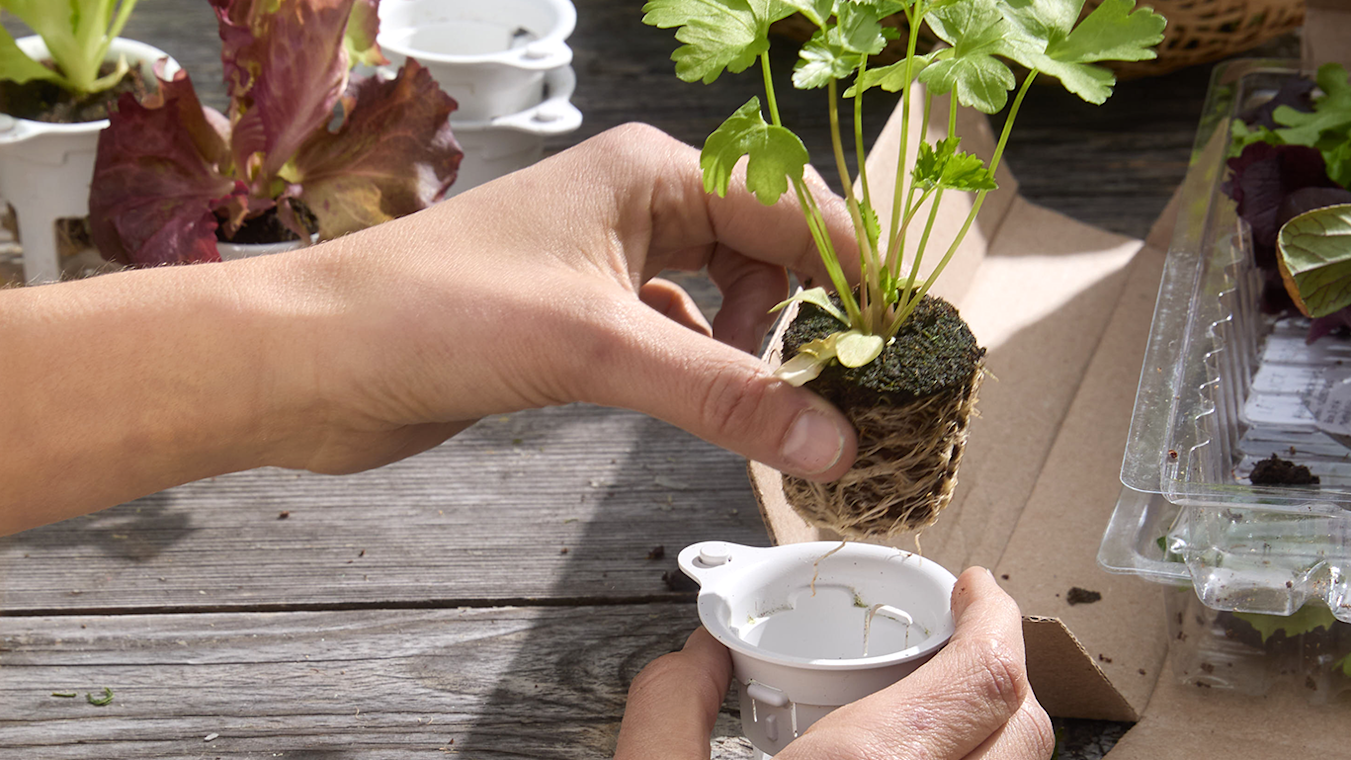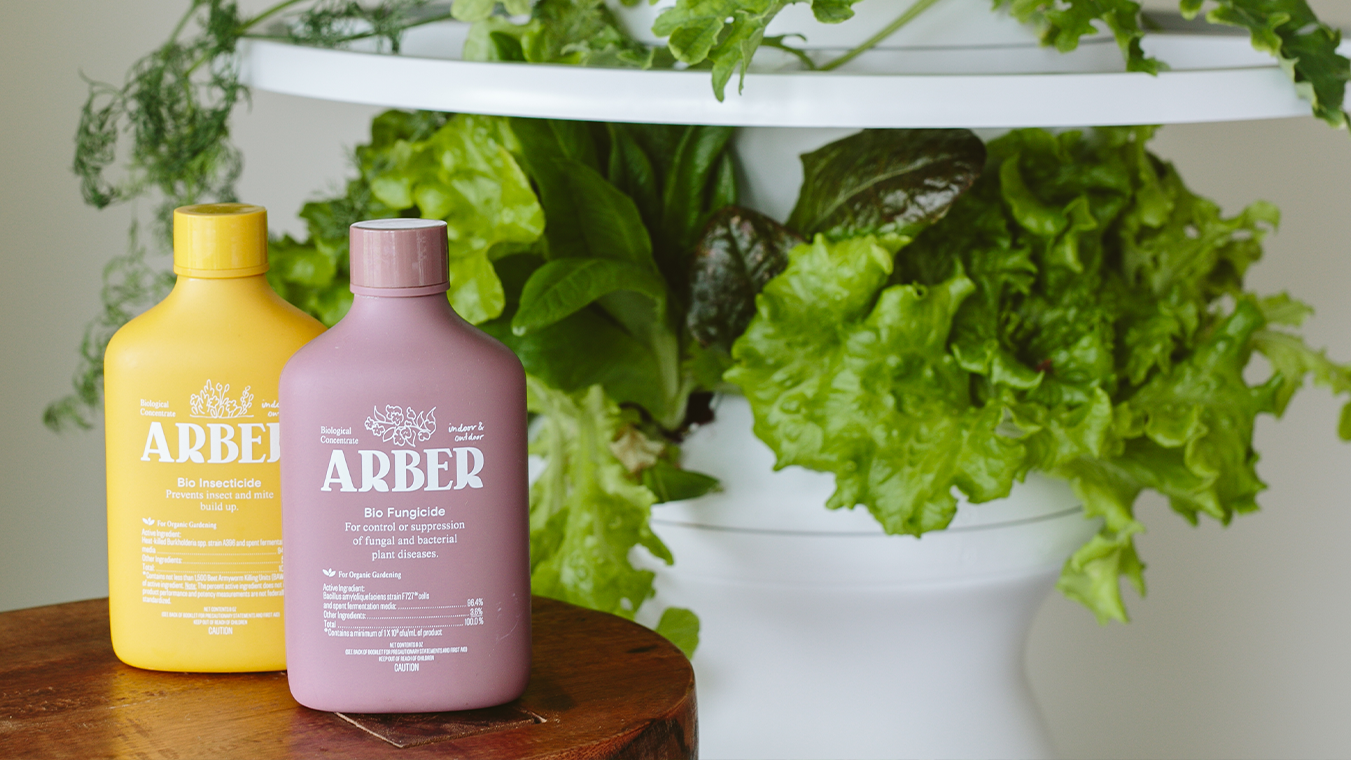Embark on a journey of urban gardening and sustainable living with Michael Washington, founder of USAL Project, as he shares his transformative experience with The Farmstand—a ritual that embraces nature in the heart of the city. Join Michael as he harvests fresh produce at home and discover more about his innovative community initiative.
Q: Can you tell us about your personal background and inspiration for creating a space that bridges the gap between city life and the great outdoors?
Michael Washington (MW): I draw a lot of inspiration from both the city and the outdoors. When it comes to the city, the energy of meeting new people and different ways of life is so inspiring that I can't really choose nature over it. And then in the same capacity, being able to be outside and that feeling that it gives me to kind of recharge is something that my body and mind just need. I've always pushed myself to find time for both.
Q: How do you experience nature within the city?
MW: A lot of my exercise revolves around engaging with the outdoors. Whether it's surfing, trail running, or free diving, I prefer to move my body outdoors. Being in nature not only recharges me physically but also mentally.
Q: How does Usal Project foster connections with nature and community?
MW: Being in any city can feel quite isolating given that the way that we experience our day to day often happens in pods. Post pandemic, it's quite clear that more people are engaging with nature more than ever. But I would say on the flip side, more people need more help post-pandemic to engage with each other more than ever. So finding a way to help people not only learn more about what they're interested in, in a way that feels safe and easy to get into, but also from a place where people can connect with others and meet new people in a way that doesn't feel so contrived and forced was kind of the idea. So we're learning about the outdoors as the vessel to learn about each other.
Q: Can you share how growing your own food or shopping at a farmer's market can connect people with nature?
MW: I would argue that the easiest way for people to understand and learn a connection to nature, and the easiest way to cement and foster community, is through food. That's built off of just history and how communities have, built civilizations and fostered their own communities over time through their way of life, which was surrounded by how they source food and how we come together around food.
Q: What has been your most surprising experience with the Farmstand?
MW: The self-watering component to the Farmstand is what makes it easy. The temperatures that the plants are getting and the type of sun that my plants are getting in my backyard are very high. It's a lot of high sun that would need day to day, probably 2 to 3 times watering. And that's just something that I can do at the moment. And, without a self-watering system of my own, the Farmstand has made a world of a difference for me to be able to provide the plants, some growing with the right type of watering.
Q: How can Lettuce Grow work with Usal and similar communities to promote sustainable practices?
MW: Lettuce Grow can lead by example and showcase the importance of sustainability through its products. By providing experiences that highlight the significance of sustainable living, we can inspire others to make positive changes for our planet.
Q: Any final thoughts or messages you'd like to share?
MW: Nature isn't something separate from our urban lives—it's intertwined with every aspect of our existence. Through initiatives like Usal Project and Lettuce Grow, we can all play a part in nurturing a healthier, more sustainable world.
